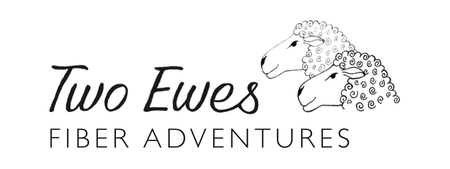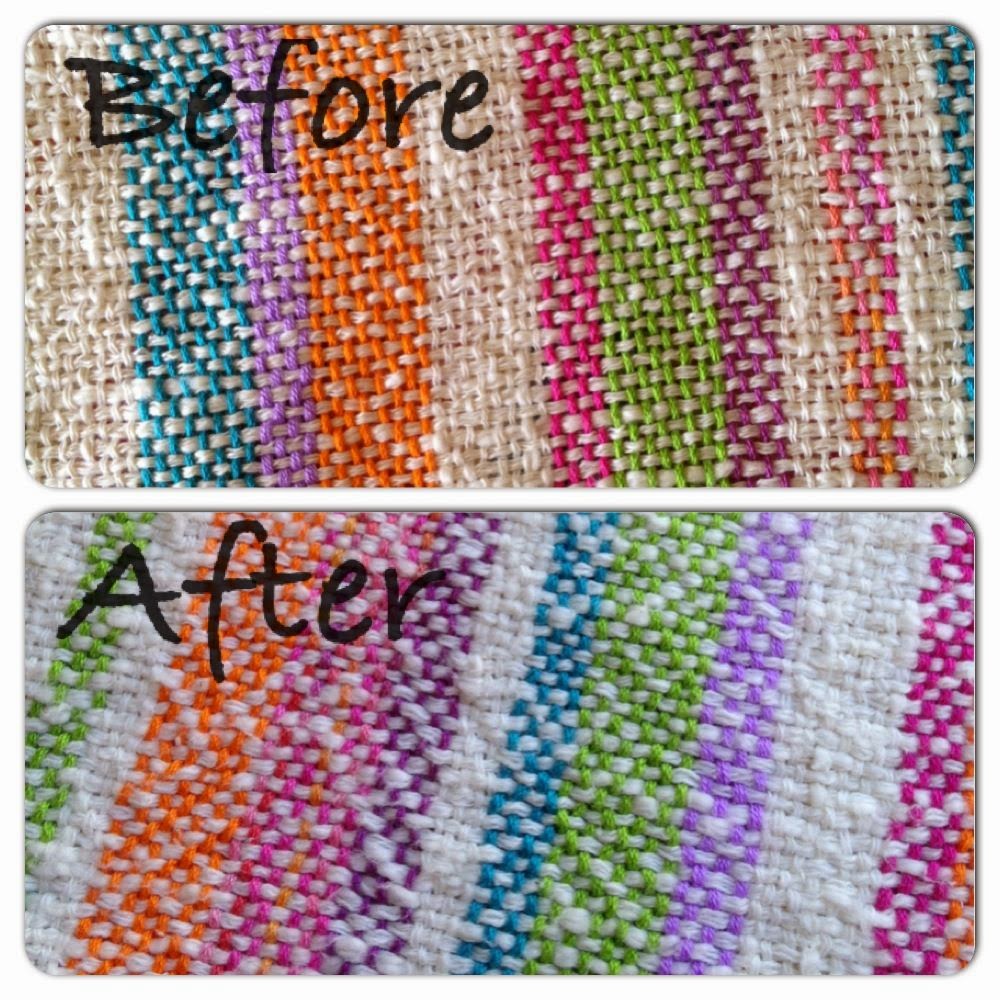“What good is the warmth of summer without the cold of winter to give it sweetness.”
--John Steinbeck
The Two Ewes are having their first Knit-Along. Join us in knitting summer items over the next three months. For details, check out our Ravelry group.
In this episode we give updates on our Promise-ewe-ous Knitting Challenge. Some the of the projects are finished, some are taking their own sweet time, and we've added some new projects to the challenge.
Kelly has finished her 2015 Yarniacs Love the Yarn You Have challenge. Most of Kelly's challenge was to use coned yarn and she ended up using about 9,666 yards! Finished items include a New Born Vertebrae (a free pattern by Kelly Brooker), 6 woven dishtowels using the Interweave Design Collection 18, Treasury of Dishtowels, and a woven cotton baby blanket.
Marsha finished the pieces for her Featherweight Cardigan (Design by Hannah Fettig, Custom Fit Version from the Amy Herzog website.) They are blocking now. She continues work on her Pismo Beach and Tricolor Socks.

|
| Pismo Beach Socks |
 |
| Tricolor Socks |
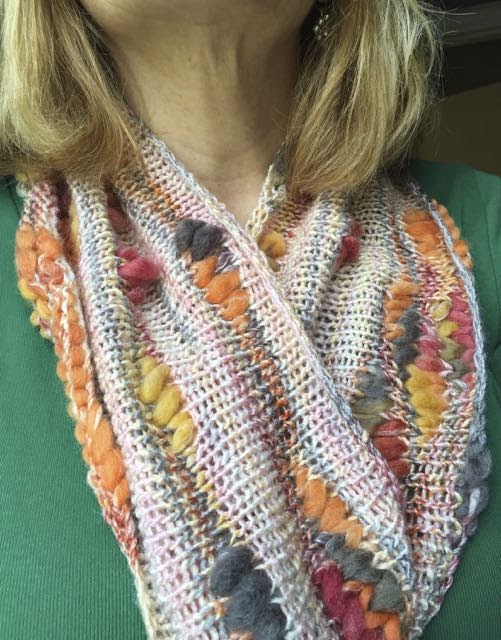 |
| Persephone Cowl |
She started a new project she is calling Wisteria Shawl. The pattern by the designer Lisa Mutch and is called Eidolon. She is using silk fingering weight yarn from Picket Fence Fiber Studio.
 |
| Wisteria Shawl |
Marsha started a cardigan called Juno and is using Silky Victoria from Blue Moon Fiber Arts. She bought the yarn at Twisted also as part of the Rose City Yarn Crawl.
Telling you about the finished weaving projects got Kelly thinking about wet finishing in weaving and how it might apply to new weavers and also to knitting. It might be especially useful for those of us who will be using cotton or linen for our Warmth of Summer KAL projects.
Some of the resources she mentions are:
Laura Fry's blog and the Craftsy blog post she wrote about "Magic in the Water."
A Knitty Spin article about finishing handspun yarn.
To illustrate the difference that wet finishing can make, here are some before and after pictures of the two recent cotton/linen projects:
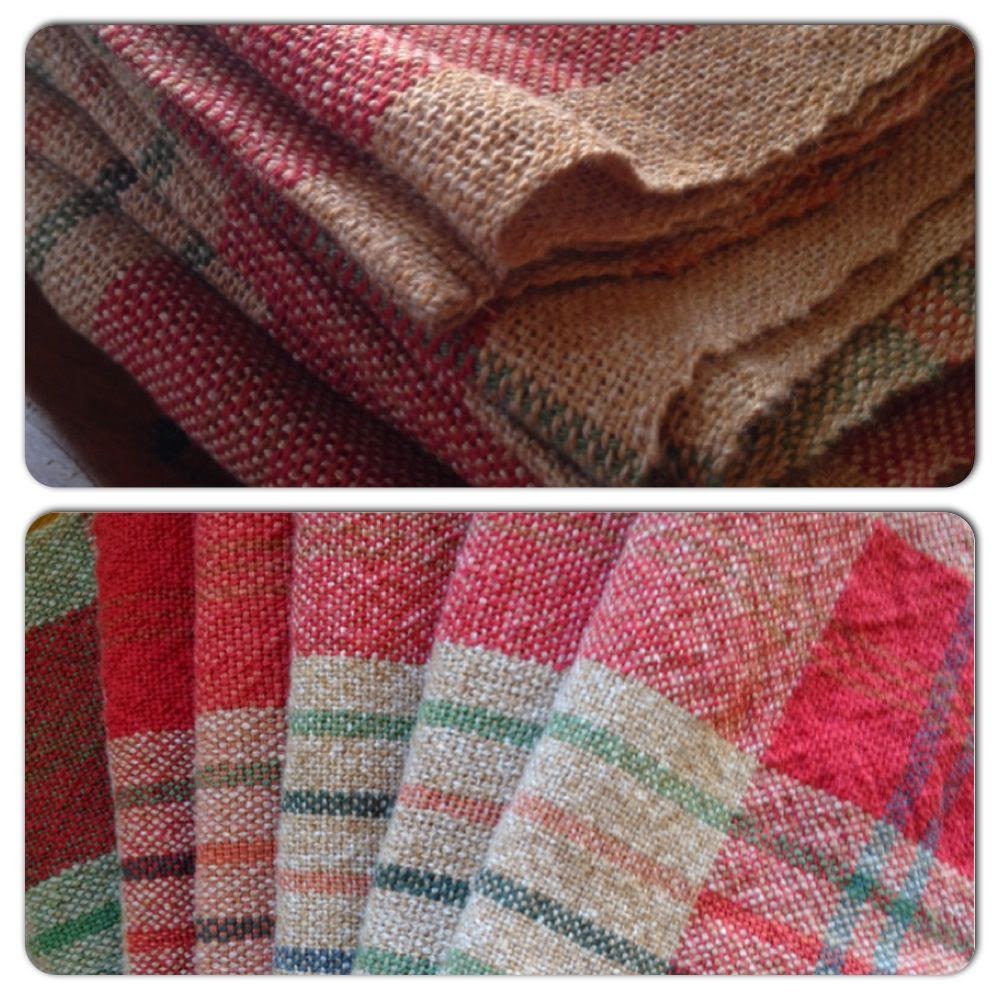 |
| Top is before, bottom is after. |
 |
| Left to right, from no finishing to max felting |
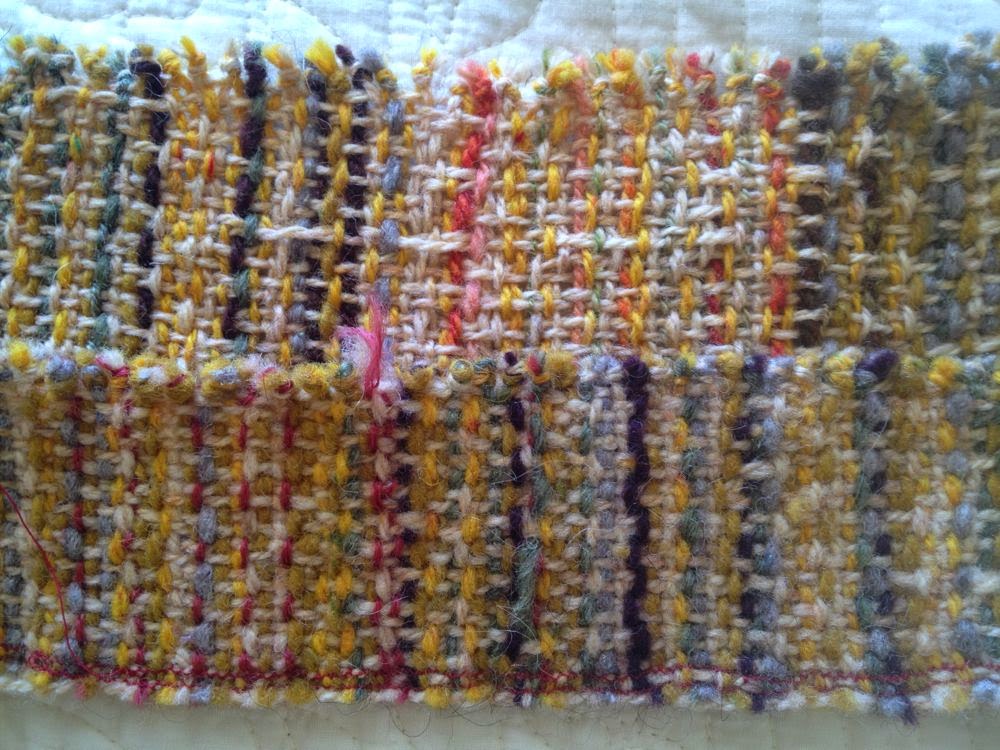 |
| The two least agitated-top none, bottom little. |
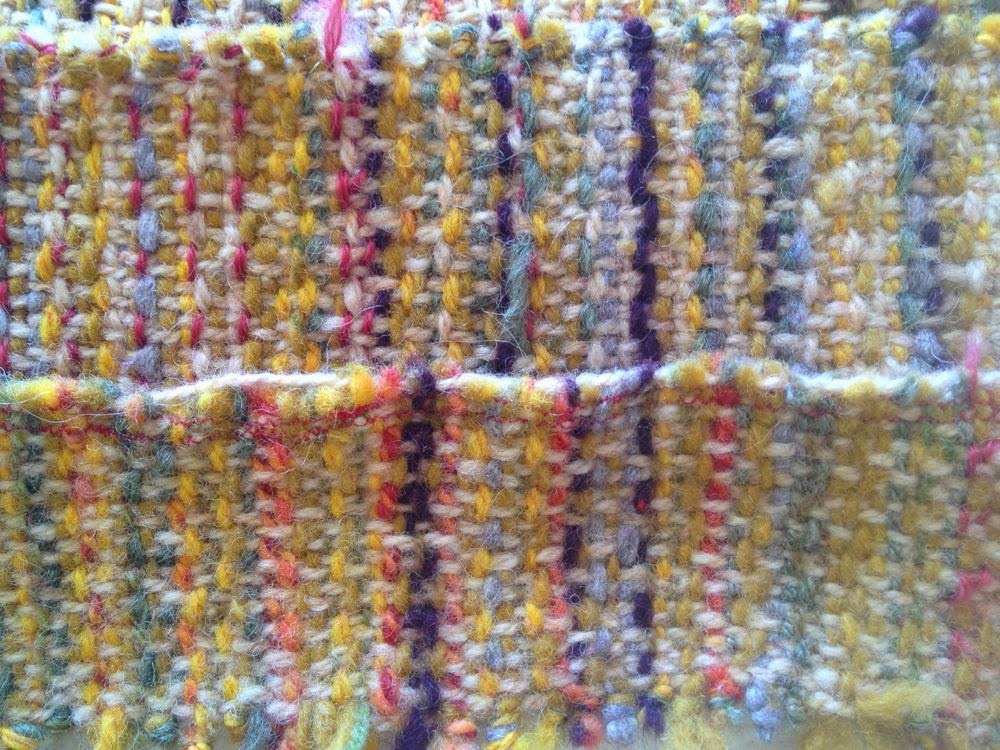 |
| Top is little, bottom is moderate. |
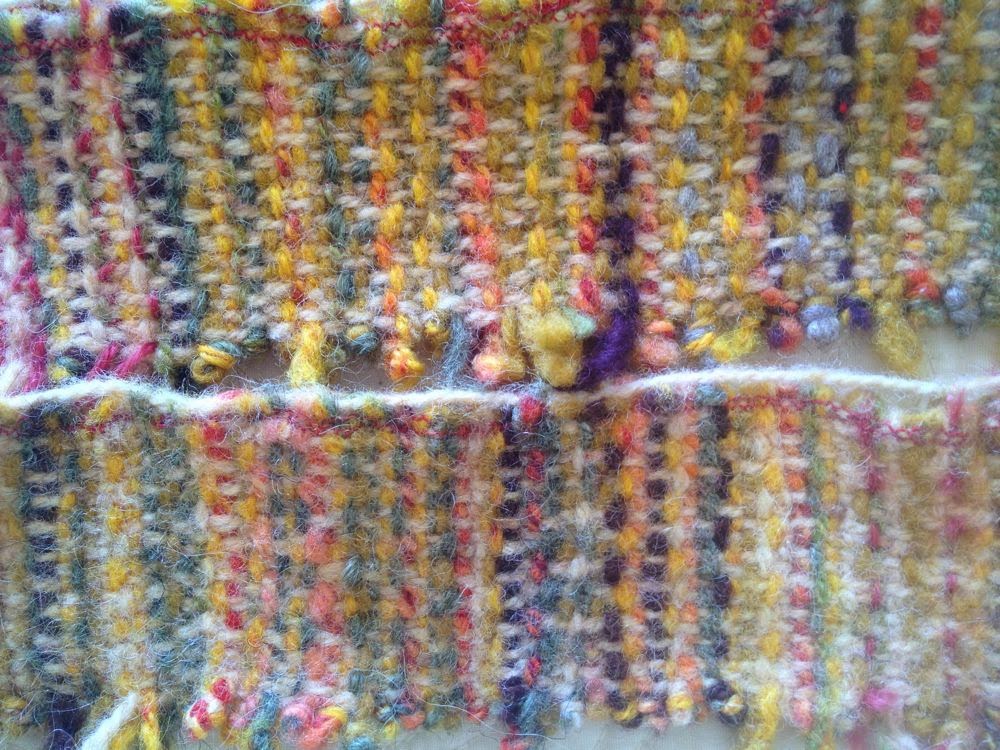 |
| Top is moderate, bottom is maximum. |
Check out this episode!
